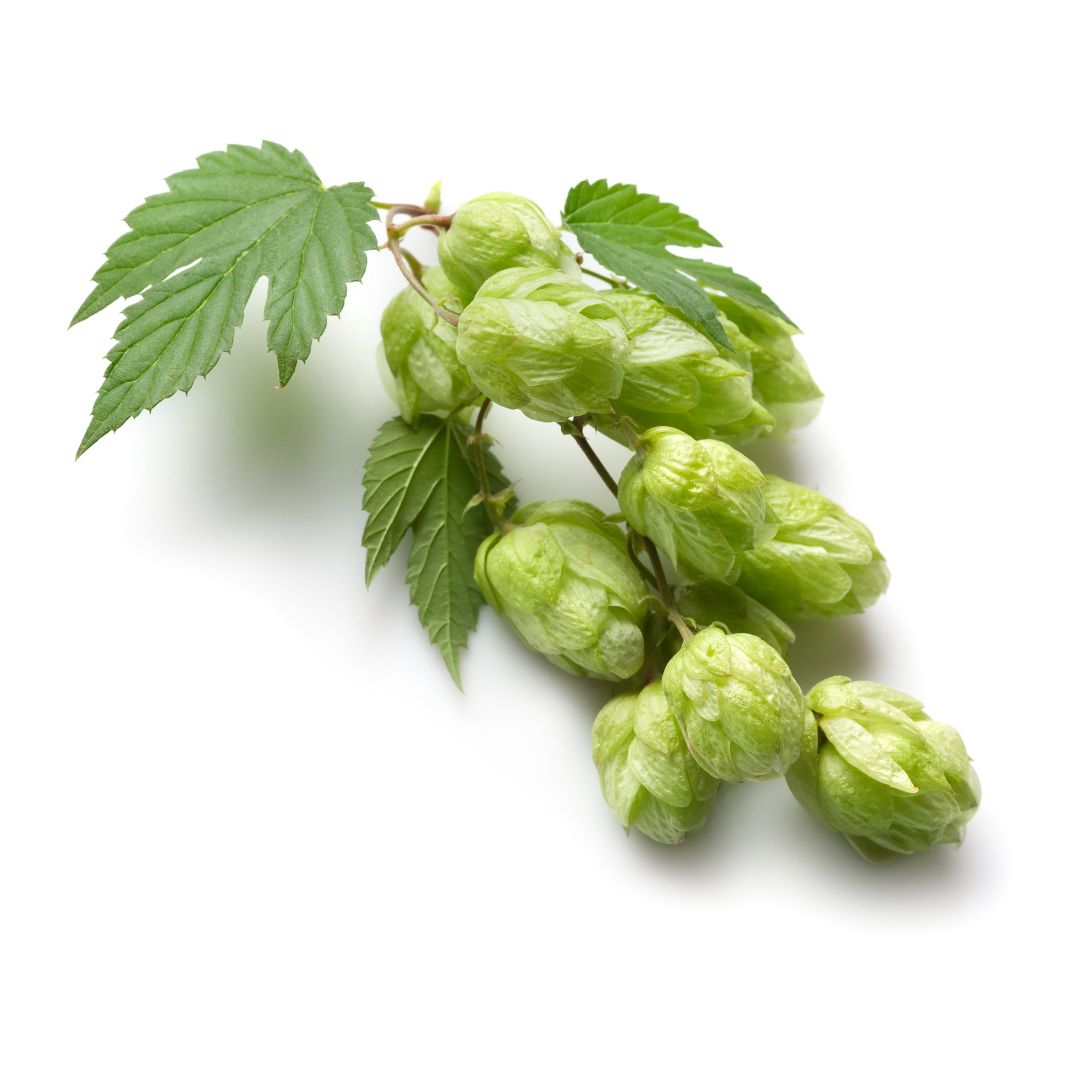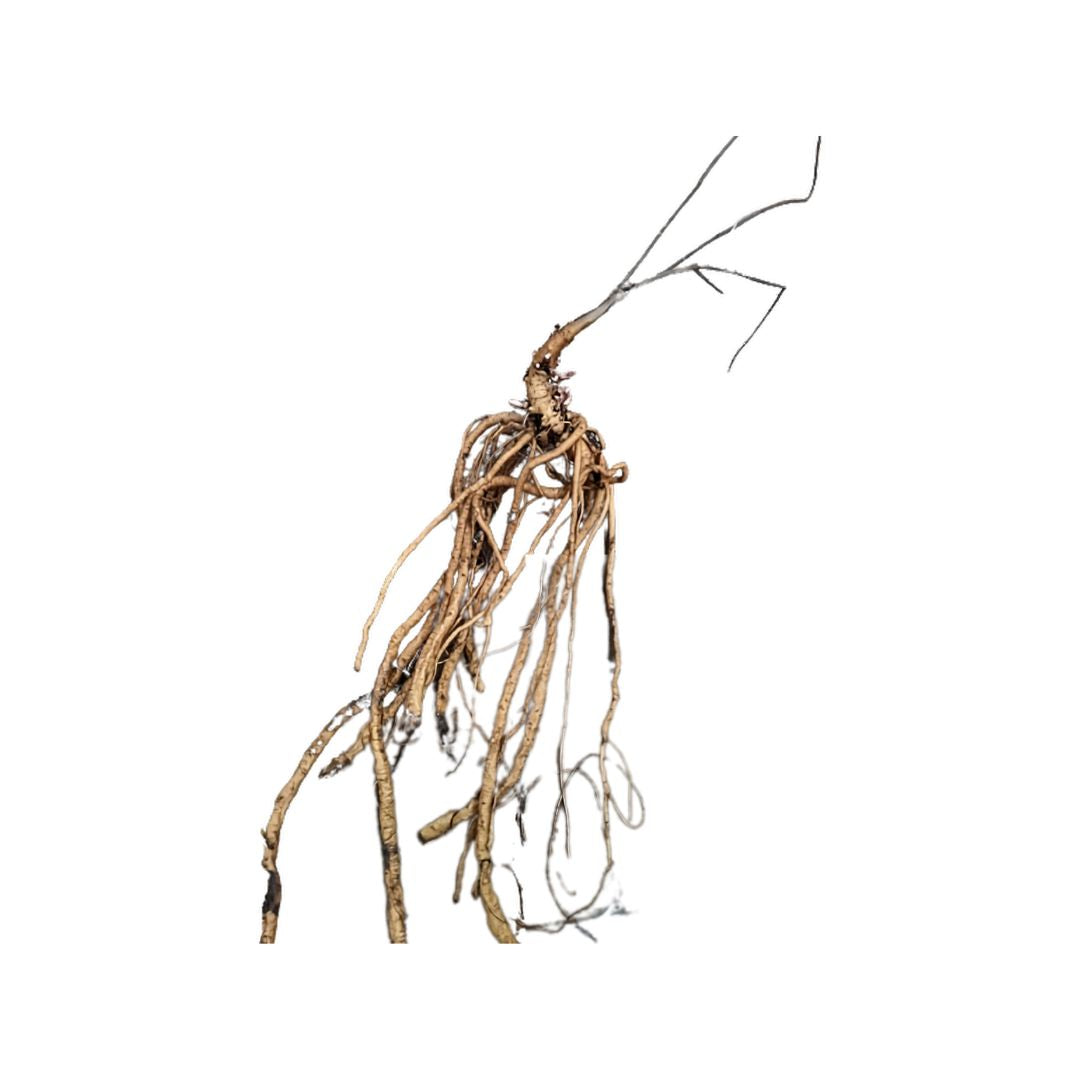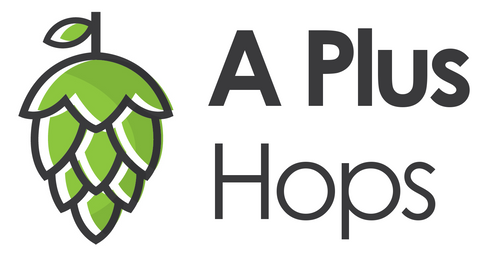Yeoman Hop Plant
Yeoman Hop Plant
Bare Root
Couldn't load pickup availability
Key Flavours
Key Flavours
Variety Information
Variety Information
- Origin: United Kingdom
- Primary Use: Dual Purpose (Aroma & Bittering)
- Height: Tall
- Group:None
- Also Known As: Wye Yeoman
- Flavour Description: Strong English hop aroma with citrus notes
- Beer Style Guide: British Ale & Lager
Growing Information
Growing Information
- Season Maturity: Early Season
- Ease of Harvest: Unknown
- Typical Yield: 1610 - 1680 kg/hectare
- Wilt Sensitivity: Tolerant
- Powdery Mildew Resistance: Moderately Resistant
- Downy Mildew Resistance: Moderately Resistant
- Hop Mosaic Virus Sensitivity: Unknown
Availability
Availability
Bare root hop plants are available from late November until early April. Dates will vary depending on the weather and ground conditions however, we hope to start lifting from the field by November 1st.
The best time to transplant hop plants lies during this period whilst the plant is dormant.
Plants in 2 Litre pots are available from May until September.
Shipping
Shipping
Free shipping on all UK orders over £30. If you are interested in placing an order for overseas, please enquire by clicking here.
Yeoman
Yeoman Hops, sometimes called Wye Yeoman, was bred at Wye College in England in the 1970's. Its precise pedigree is unknown, although it is compared to Target Hops. It is no longer available on the open markets, but it has left its footprint on the hops universe. Yeoman Hops as a seedling was taken from Wye and was named Phoenix Hops, which was seen as a disease resistant replacement for Challenger. Yeoman Hops is also a grand parent of Australian Super Pride Hops, which is dubbed as such for its astounding yield and high alpha content compared to Pride of Ringwood. And finally, Pioneer Hops is also related to Yeoman.
Yeoman Hops has high alpha acid content at 12.0%-16.0%, which is very high for the Hops Breeding Program at Wye. This variety is a bittering type, and comes with elevated levels of myrcene oil. Yeoman had its day for brewing beer, and was ideal for English style ales needing some hop kick.







